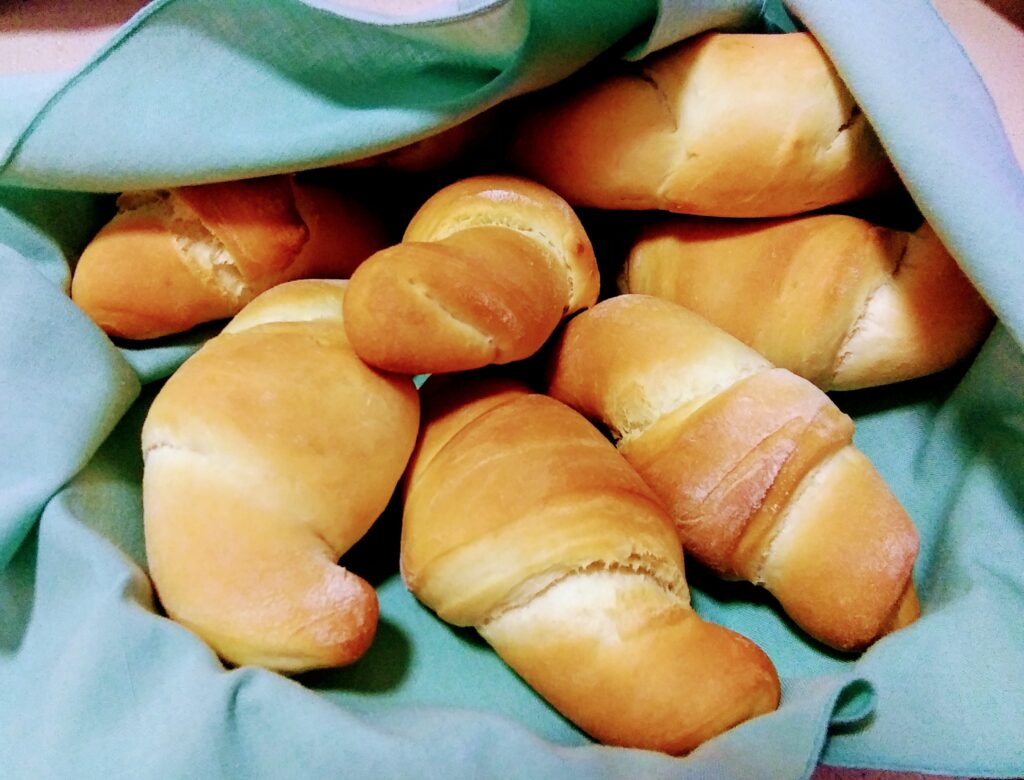Today Farmhouse Magic Blog attended a Juneteenth celebration.
Juneteenth is an African American holiday that celebrates being fully freed from slavery on June 19, 1865.
In 2021, Juneteenth became a national US holiday. It is celebrated by going on picnics, having fireworks, etc.
Part of today’s celebration included a soul food cooking demonstrations and a presentation by Dr. Kelley Fanto Deetz. Her book is entitled Bound to the Fire: How Virginia’s Enslaved Cooks Helped Invent American Cuisine.
I had previously seen a lecture given by Dr. Kelley Fanto Deetz. She spoke of enslaved people in the 18th to 19th century living mainly on large plantations. This blog talks about some of the things I learned from her presentation.
In Virginia and the southern states, there is the element of southern hospitality where one greets their guests, offers them a meal, a place to stay, and what ever else they need.
Plantations owners hosted a variety of special events like balls and parties. There would be engagements, weddings, birthdays and other social happenings where large amounts of food needed to be prepared.
In the core of all this planning was not only the mistress of the plantation, but also her enslaved cook who was most often a woman. Sometimes if the cook was ill, parties would be postponed until the cook felt better.

Enslaved cooks might be taught to read cookbooks.
The enslaved cooks were on call 24-hours a day and worked in hot kitchens. Cooks were often the second most important person on a plantation. The most valuable person was that of being a butler.
Enslaved cooks might have been taught to read so they could follow cookbook instructions. They were also given more freedom than other enslaved people in that the cook might have been allowed to go to the market to buy food to prepare.
Even though the cook held sort of a soft power role, they were still enslaved. If things went wrong in the kitchen, for example, if the bread burned, then the cook would be punished. Sometimes she would be severely burned as punishment.
In very wealthy plantations with international guests there was an element of being uncomfortable owning slaves. Although the plantation owner still owned slaves, they might use a dumbwaiter, to avoid showing off the slaves to foreign visitors who did not own slaves. Dumbwaiters are also known as “silent and unseen waiters”.
In later years, the image of Aunt Jemima and Uncle Ben on food products didn’t tell the whole story.
Enslaved cooks often brought with them some knowledge and cooking skills from their African homes making such dishes as oyster stew and gumbo. These recipes were passed down through generations and became part of America’s recipe collection.
Dr. Kelley Fanto Deetz’s fascinating talk on the roots of US cuisine gave everyone something to think about.
Here at Farmhouse Magic Blog we are wishing everyone a happy Juneteenth.


G.,
I’m glad that reading our blog made your day. Your nice comments, also, made my day. Take care of yourself and have a nice Juneteenth.
FARMHOUSE MAGIC BLOG.COM